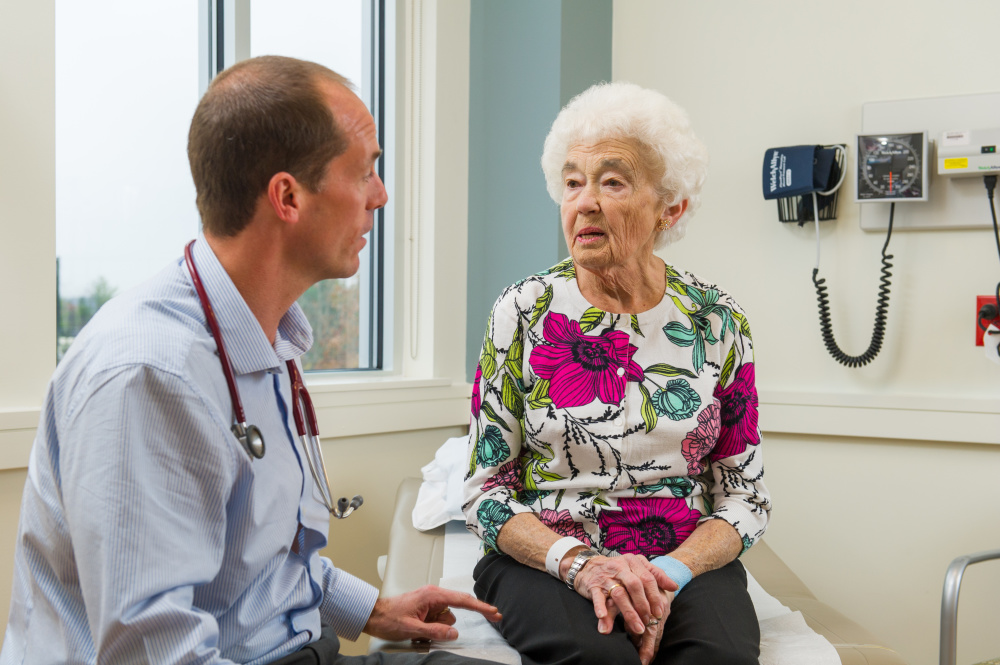Age is the biggest single risk factor for cancer. Risk increases significantly after age 50, and half of all cancers occur at age 66 and above. According to the National Cancer Institute, one quarter of new cancer diagnoses are in people aged 65 to 74.

The median age of diagnosis varies in different cancer types – 61 years for breast, 66 years for prostate, 68 years for colorectal, and 70 years for lung – but the disease can occur at any age. Bone cancer, for example, is most frequently diagnosed in people younger than 20, and neuroblastoma is more common in children than in adults.
Mutations and other changes in the genome – the information written in our DNA – are the root cause of cells becoming cancerous. When mutations disrupt genes that regulate cell division and growth, normal cells can begin to grow uncontrollably. A trickle becomes a flood of abnormal cells that form tumors; additional mutations can disable tumor-suppressing proteins, further aiding the renegade cells. Usually a series of mutations in cancer-related genes occur over many years before cells begin their malignant journey.
Why an aging body is more susceptible to cancer has no single explanation. Scientists continue to sift through an array of theories, all of which may contribute to cancer development, which in most cases occurs over a long time.
Read More
One view is that cancer develops in older people simply because of their prolonged exposure to carcinogens such as sunlight, radiation, environmental chemicals, and substances in the food we eat. Mutations also occur as a result of random errors when a cell’s DNA is copied before it divides. As a result, our cells accumulate more mutations the longer we live.
In addition, changes in tissues and organs with advancing age renders cells’ microenvironment more favorable to the development of cancer. Other age-related factors that may play a role in cancer’s high incidence as we age include the long-term effects of chronic inflammation, cancer-promoting DNA changes caused by oxygen free radicals, less-effective DNA damage-repair mechanisms, and weakening of the immune system so it’s less efficient in detecting and attacking cancer cells.
The full picture of how aging and cancer are intertwined is still a work in progress. We can’t hold back the hands of time, but researchers say that managing chronic conditions and making lifestyle changes in middle age and beyond can modify cancer risk. These changes include increasing physical activity, spending less time sitting, getting good sleep, eating a healthy diet, moderating alcohol use, and quitting smoking. Doing so can reduce cancer risk and increase the odds of what researchers call “successful aging.”

Why not just say “pesticides” instead of “substances in the food we eat?” Away with euphemisms.